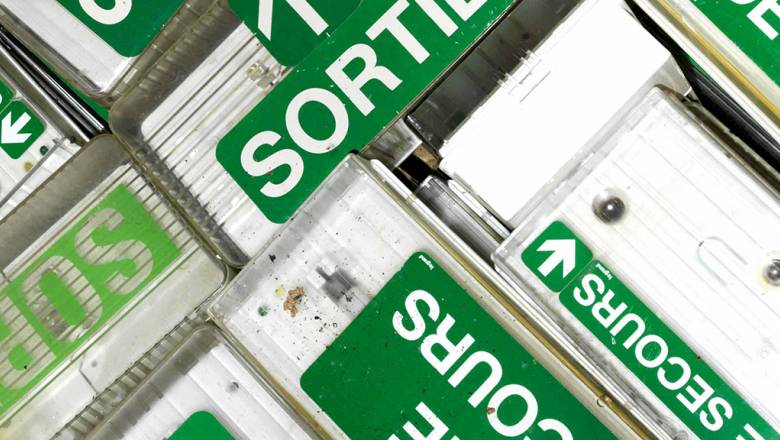As a “producer” of professional electrical equipment within the meaning of the regulations, you are required to comply with a number of regulatory obligations which we can help you to meet.
Are you a Producer within the meaning of the regulations?
Yes, if you :
- Manufacture and sell EEE under your own brand in France.
- Resell equipment made by someone else under your own brand (if the maker’s brand appears on the equipment they are the Producer).
- Import EEE on a commercial basis into France.
- Are established outside France and supply EEE directly to french market by distance selling (e.g. online, mail order, phone).
Your obligations as a producer of professional electrical and electronic equipment

To register and to report annually to the French Register of EEE producers managed by Ademe, the equipment placed on the market, the amounts collected and treated, as well as the measures taken to manage your obligations

To organise and to finance the collection and recycling of WEEE so as to manage the future of used electrical equipment that your company places on the market (decontamination, recycling, energy recovery)

To provide recyclers with all documents and information relating to the treatment of your equipment that shall be available upon request

To inform your customers, by all appropriate means, about the free take-back and recycling solution available relating to the electrical equipment your company places on the market
Your regulatory objectives
Collection rate
Recycling rate
How can you fulfil your obligations?
Joining a PRO (Producer Responsability Organisation) approved by the authorities (eco-organisation): ecosystem.
Joining an approved eco-organisation for WEEE treatment as a producer of professional EEE, allows you to transfer your obligations.
This only involves the following :
- Signing a membership contract
- Declaring the equipment placed on the market quarterly or annually
- Paying the eco-fee
ecosystem take care of the rest!
Appointing an agent in France in order to meet regulatory obligations
A company based in EU outside of France may, or must in the case of direct distance selling to the end user, appoint a person or company established in France to act as its agent in order to ensure that all its obligations related to the sale of EEE in France are fulfilled. This agent can join ecosystem. If a foreign company does not appoint an agent, French retailers will continue to take on the role of producer as an importer or as an entity introducing the company's products. If the foreign company sells directly to the end user via distance selling, the appointment of an agent is mandatory.


